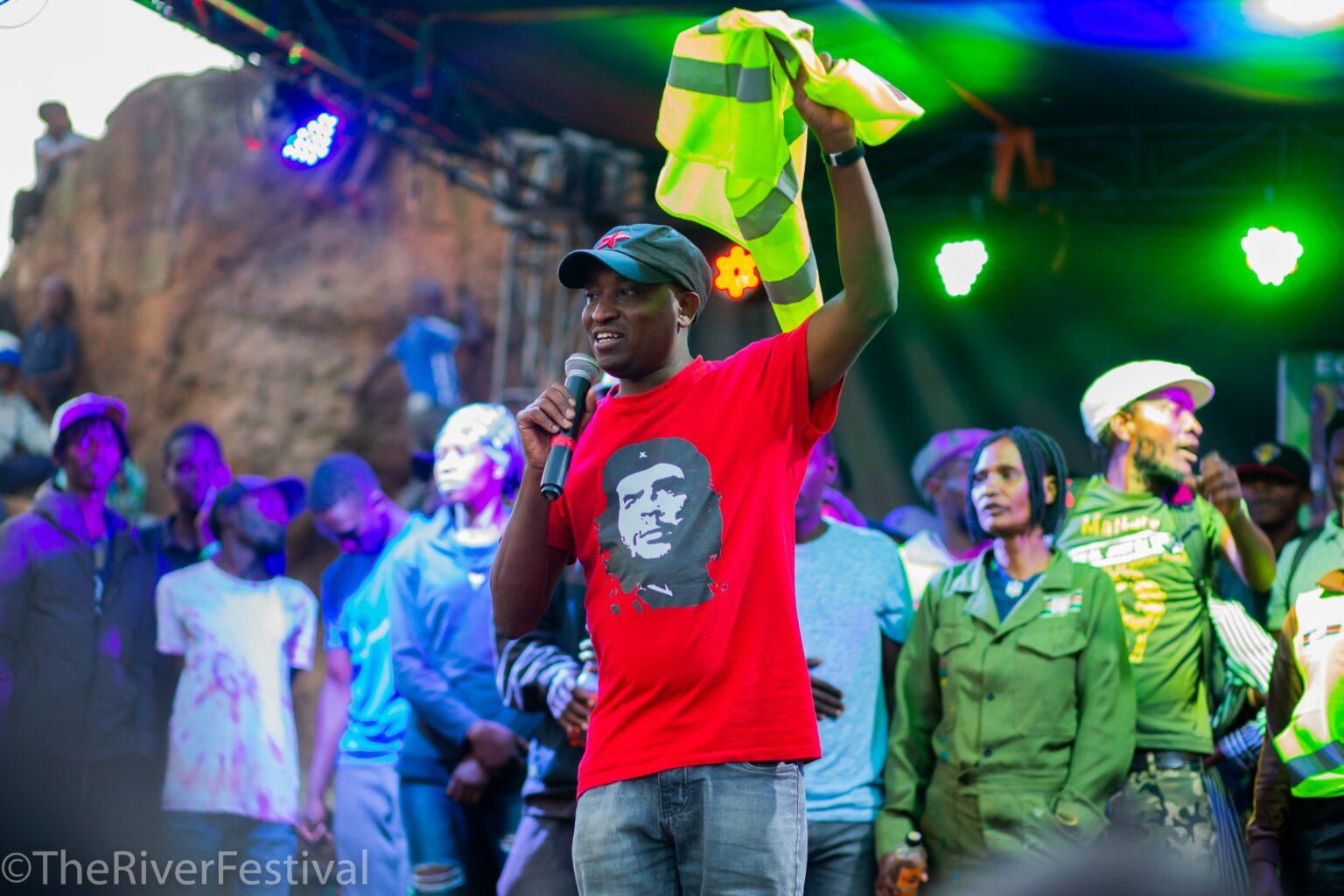
The announcement of the resignation of Haitian Prime Minister Ariel Henry reconfigured the parts of the political conflict on the solution to the Haitian crisis. Henry announced his departure from the government less than two weeks after signing a reciprocity agreement with Kenya, a country that proposed to direct the multinational security mission, authorized by the UN Security Council, and send a thousand police to Haiti.
With Henry’s resignation, Kenyan President Willian Ruto suspended the deployment of troops and conditioned compliance with the agreement on the formation of a new government in Haiti. Gacheke Gachihi, leader of the Mathare Social Justice Center, a grassroots movement based in the urban area of Nairobi, Kenya’s capital, sees Haiti’s transition as an opportunity to find a Haitian solution to the crisis, “away from military intervention.” He advocates for the need for a comprehensive solution that includes Haiti’s popular movements and creates an alternative political leadership based on social justice and human rights.
The Mathare Social Justice Center is in dialogue with popular movements in Haiti to seek a solution that respects Haitian sovereignty, based on solidarity. “This is a solidarity like the one Haiti had with the countries of Africa and Latin America during the Haitian Revolution. It is therefore an excellent opportunity for us to start now to articulate a political solution, far from the military and police solution, proposed by the forces of imperialism, which have an interest in plundering resources and continuing destabilization.”
Agreement to send troops
At the end of February, Ariel Henry travelled to Nairobi to sign a “reciprocity agreement” with Kenyan President Willian Ruto, the foundations of which were laid in Washington in the second week of February by delegations from the two countries with the mediation of the United States. In Henry’s absence, armed groups in Haiti launched a major offensive that made it impossible for him to return home.
“The U.S. and other imperialist countries have really contributed a lot to the crisis and violence in Haiti. The prime minister resigned after reaching an agreement with the Kenyan government, which is a reactionary government,” says Gachihi. “We are working with the Caribbean Indigenous and Pan-African Movement and have also organized a campaign in Kenya against the deployment of Kenyan police in Haiti. That’s why we welcome the transition,” says Gachihi.
In a statement issued at the end of January, the Kenyan and Caribbean movements opposed to the deployment of troops said that a Kenyan-led military mission in Haiti meant “spoiling” the name of the pan-African movement, “which seeks complete emancipation” of Africans on the continent and in the diaspora, associating it with the criminal attack by the United States on Haiti, which aims precisely to prevent this emancipation.
The United States announced $200 million in funding for the mission, with an additional $100 million added on March 11, while the Bahamas, Bangladesh, Barbados, Benin and Chad formally notified the UN of their intention to provide personnel for its implementation.
But in late January, Kenya’s High Court declared the deployment of personnel to Haiti unconstitutional and ruled that the country’s National Security Council did not have the power to send police officers. The order is an extension of interim measures issued by the court in October, in which the Kenyan parliament refused to authorize the mission.
Source: Haiti Liberté